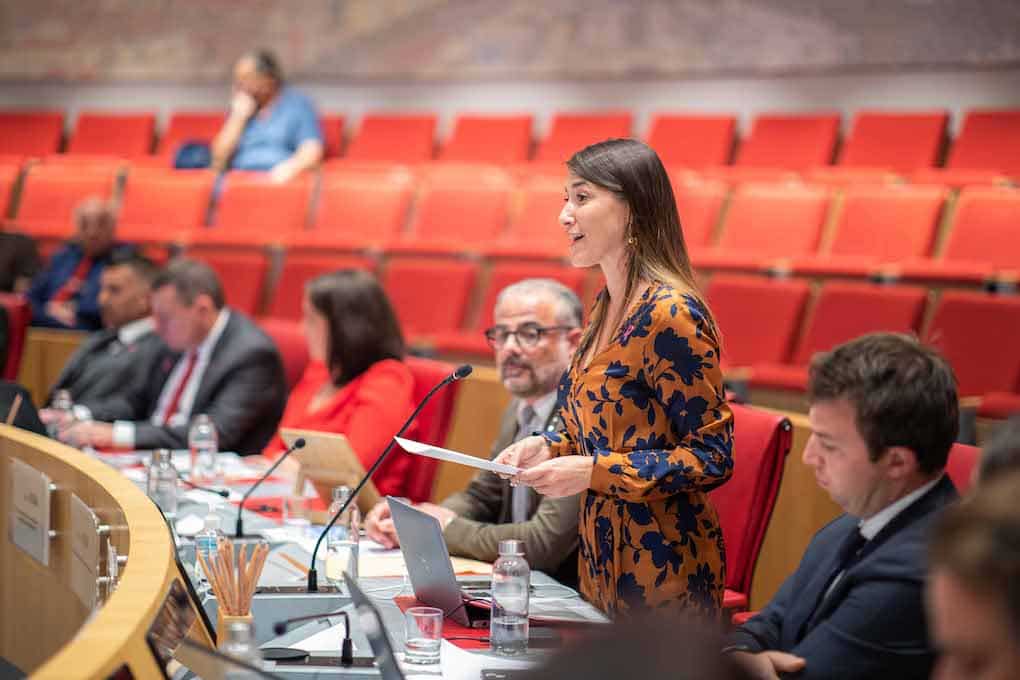Inflation: Monaco now wants to help private sector employees

After granting a “contribution-free” bonus last summer to employees in the hotel and restaurant industry, the Minister of State Pierre Dartout said he was in favour of extending this aid to the private sector.
Purchasing power was at the heart of the National Council’s debates last Thursday. The figures appear to be positive: “the 2022 Supplementary Budget shows a surplus of more than 8.8 million euros”, Karen Aliprendi said at the outset. These good results are, however, set against a background of high inflation.
This would mean that all employers who wish to do so could pay an exceptional bonus to their employees up to a certain level, without paying social security contributions on that amount.
Balthazar Seydoux, Vice-President of the National Council
To ensure that wage earners are impacted as little as possible by rising prices, the government first took measures to increase the wages of civil servants and hospital staff. It then introduced a bonus for the hotel and restaurant sector. It is this bonus that the elected representatives wanted to extend to all private sector employees.
The rapporteur of the bill, Balthazar Seydoux, vice-president of the National Council, explained: “It would be a case of all employers who wish to do so paying an exceptional bonus to their employees up to a certain level, without paying social security contributions on that amount“. The Minister of State responded favourably to this. The employee support bonus introduced by the ministerial decree of 1st August will therefore be extended to all business sectors in the Principality.
Marine Grisoul then asked the government: “What about state support for sports clubs? They also hire employees, who are hit by inflation, however their salaries have only been increased by 1.5%,” the elected official pointed out.
Other topics…
Revisiting the project for a tunnel on the Moyenne Corniche, which the Mayor of Cap d’Ail firmly opposes, the elected representatives expressed their views on mobility and also discussed the issue of Monaco’s attractiveness. “I consider that the municipality of Cap d’Ail benefits from the economic and financial contribution of the Principality of Monaco, and that is only natural. I hope, however, that the Government will take a firm stand concerning these statements,” said National Council President Brigitte Boccone-Pagès, before going on to talk about mobility and free buses in the principality.
“The National Council welcomes the Government’s decision to launch a trial period of free bus travel in the Principality. While I have the floor, I would like to encourage all Monegasques and residents who are following us and listening to us to take advantage of the trial period to change their behaviour and habits.”
In addition to making the Principality more attractive, the aim, as Karen Aliprendi points out, is “to reach the greenhouse gas reduction targets of 55% by 2030.”
Housing was also an important topic and equally contributes to the territory’s attractiveness. On this subject, Corinne Bertani thinks that it would be wise “to engage with all the Mayors of neighbouring municipalities from Beaulieu-sur-Mer to Menton, so that Monaco can develop housing for its employees”.
Finally, concerning housing for Monegasques, Thomas Brezzo, like other elected representatives, makes no secret of his concern.“While new housing may be provided over the course of 2023, this will not be the case in 2024 or even perhaps 2025″, he stated.









